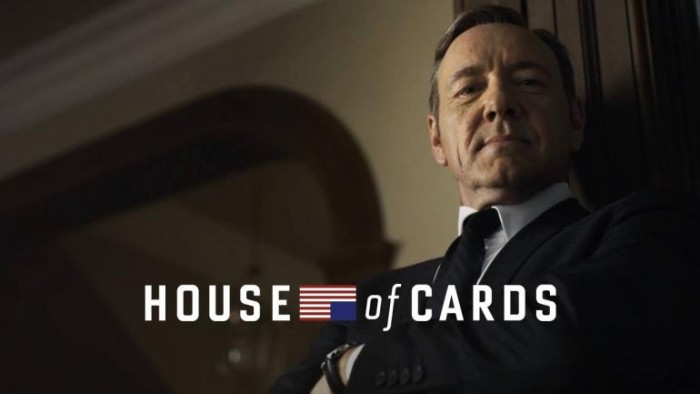After that last post, I have had quite a vacation. Though it was far from perfect, I got to read a few books (didn't finish them all), and also watch some movies that I should have seen long ago, but never did! Books include "The Extended Phenotype" which I am reading at worse than snail's pace, but hope that changes soon. So far, I think it should have been titled 'The Evolution MythBuster' but maybe when I am done with the book, that idea might change. Still, an incredible book (as always)! I was also rereading "Pride and Prejudice", but done with that now and started on "Sense and Sensibility", which I haven't read before and which is making me rediscover the joy of reading that I was sorely missing in my previous post. As for the movies I saw quite a few, including, "A 200 pound beauty" (Korean), which sent me on a train of thought about how and why should beauty be important, "It Happened One Night", which was plain Clark Gable, "The Message", which was good (though I am still not sure of its credibility), "Jodha Akbar", which was simply awesome, and a few more.
For some reason, all that reading and movie watching led me to this debate about what we regard as ideal, and whether it really exists. For a long time, I used to be a fan of the ideal, in the sense that I believed it to be possible, but maybe a little difficult to attain. (Ideal here, refers to the "perfect"- in any aspect or domain or context). But the more time you spend with science the more you encounter usages of "ideal" in the context of the non-existent. Maybe, that influenced me, or maybe it was something else, but I have ended up with a not-so rosy picture of the world in general. Most of the time, it appears stupid (or at least over-optimistic) to pile too much hopes on something ideal.
But then again, there is this whole notion of 'everything is possible if you only strongly desire for it'. I remember APJ's autobiography talking about how desire possesses electromagnetic energy that makes the cosmos conspire to make it come true. While I don't know about the electromagnetic part, I have often seen near-miracles happen to people who strongly believe in them.
Which leaves me in a quandary. So does the ideal exist and is my desire for it not strong enough to see it? Or is what I regard as perfect simply a fantasy of my imagination and there may be no point believing in it? Is it better to hope for something and be disappointed (so you at least gave the cosmos a chance :P) or is it better to be sensible and keep your expectations low? What if you were too sensible and so missed the miracle? Maybe it is a mixture of both. Maybe I shall never have an answer for this question....*
One of the other things I have been thinking about is the very stupid NCERT
cartoon ban thing going on. Maybe I will do a post on it later, but knowing myself, most probably not. So let me just say what I think about it here anyway. It is unbelievably stupid, but quite
unsurprising, considering the intelligence of our elected members. (I
hope that statement doesn't qualify as contempt to the constitution). I
just want to ask all who find it incredible- "What did u expect of
the people in the Parliament? Sense? And you think they are
irrational?" I can't even hope that the government will see sense in this issue. If someone was stupid enough to take offense at a political cartoon and to consider it something that will corrupt young minds, how can you expect them to understand that a cartoon is simply an alternate viewpoint on the issue and with the necessary critical thinking skills, a student would be able to still appreciate a great leader while acknowledging his mistakes? That you don't have to paint an all-white picture of a leader, however great his contributions to the nation? It is such a subtle balance, especially in a culture where we insist on never identifying the gray and do not encourage questioning, that I doubt a government like ours shall be able to get it at all. Maybe I am too pessimistic in this, but I can only think of
Roark saying- reason is something that people most definitely don't want
to have on their side when they enter an argument. Which brings me back to an idea I mentioned a few paragraphs before- "The more sensible you become, the more bleak the world
appears" (Interestingly it applies to science as well. The more I learn
about processors and complex systems and human brains, I just can't
imagine how anybody got them working at all!") There should be a moral
somewhere in that sentence about pessimism and knowledge, but for the
life of me, I can't see what it is...
Well, that's it for now. Let's hope I find time to post better and more stuff during the semester....
*Couldn't help thinking of a recursive question here- Is it too hopeful to think that I shall find the answer or should I take the sensible route and say that I might never find it? :P
